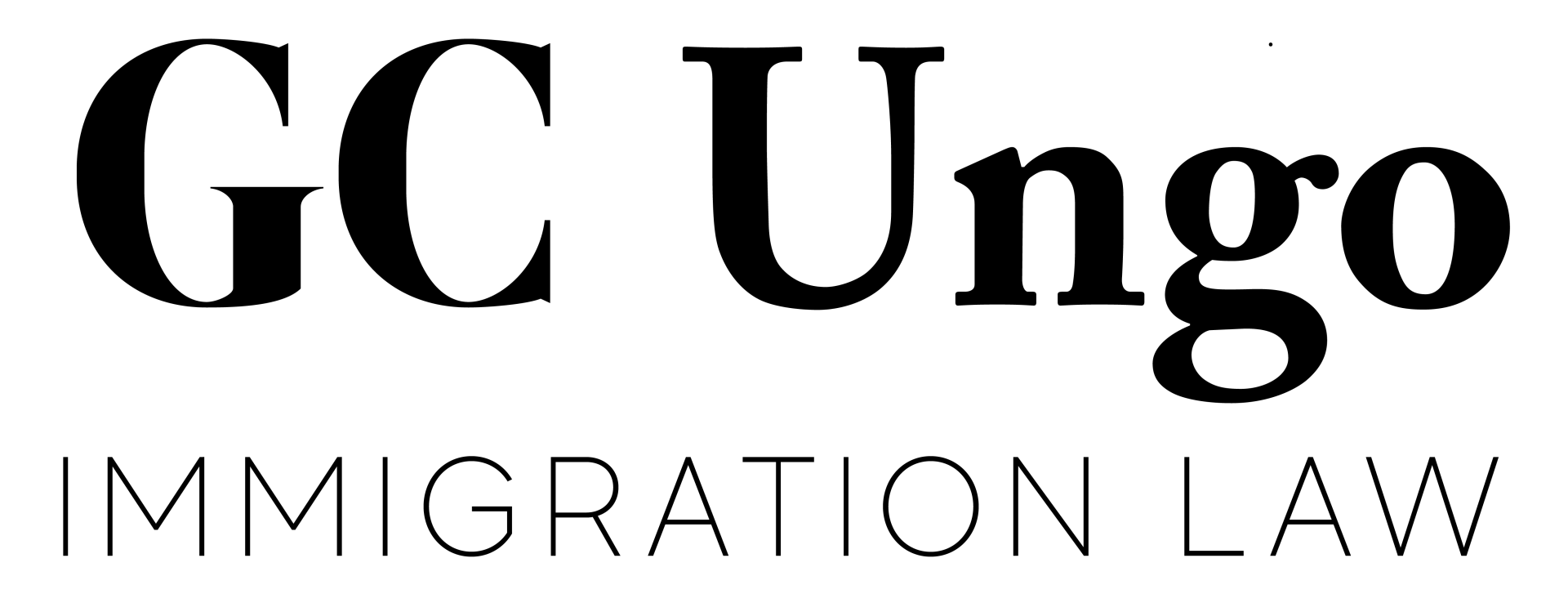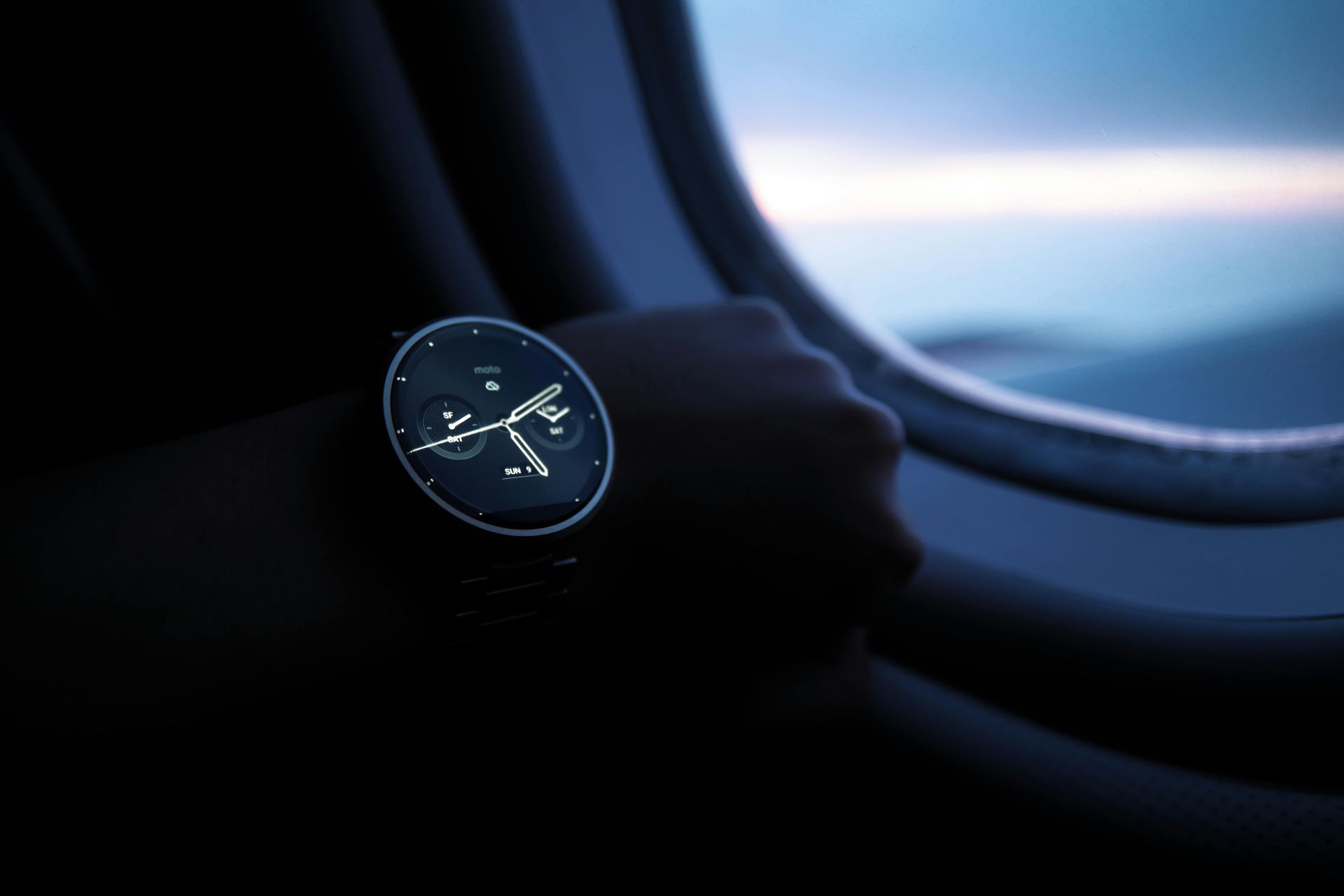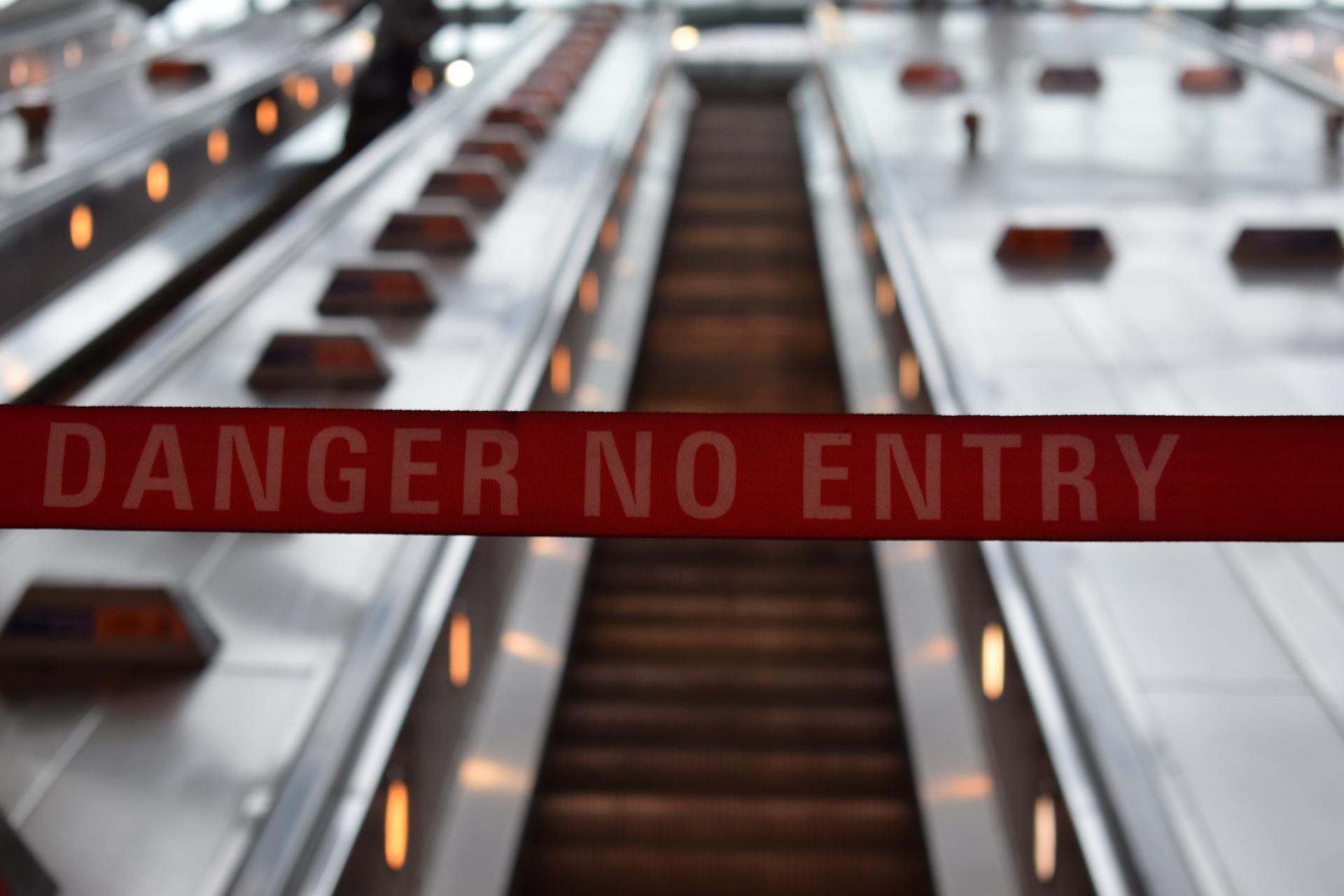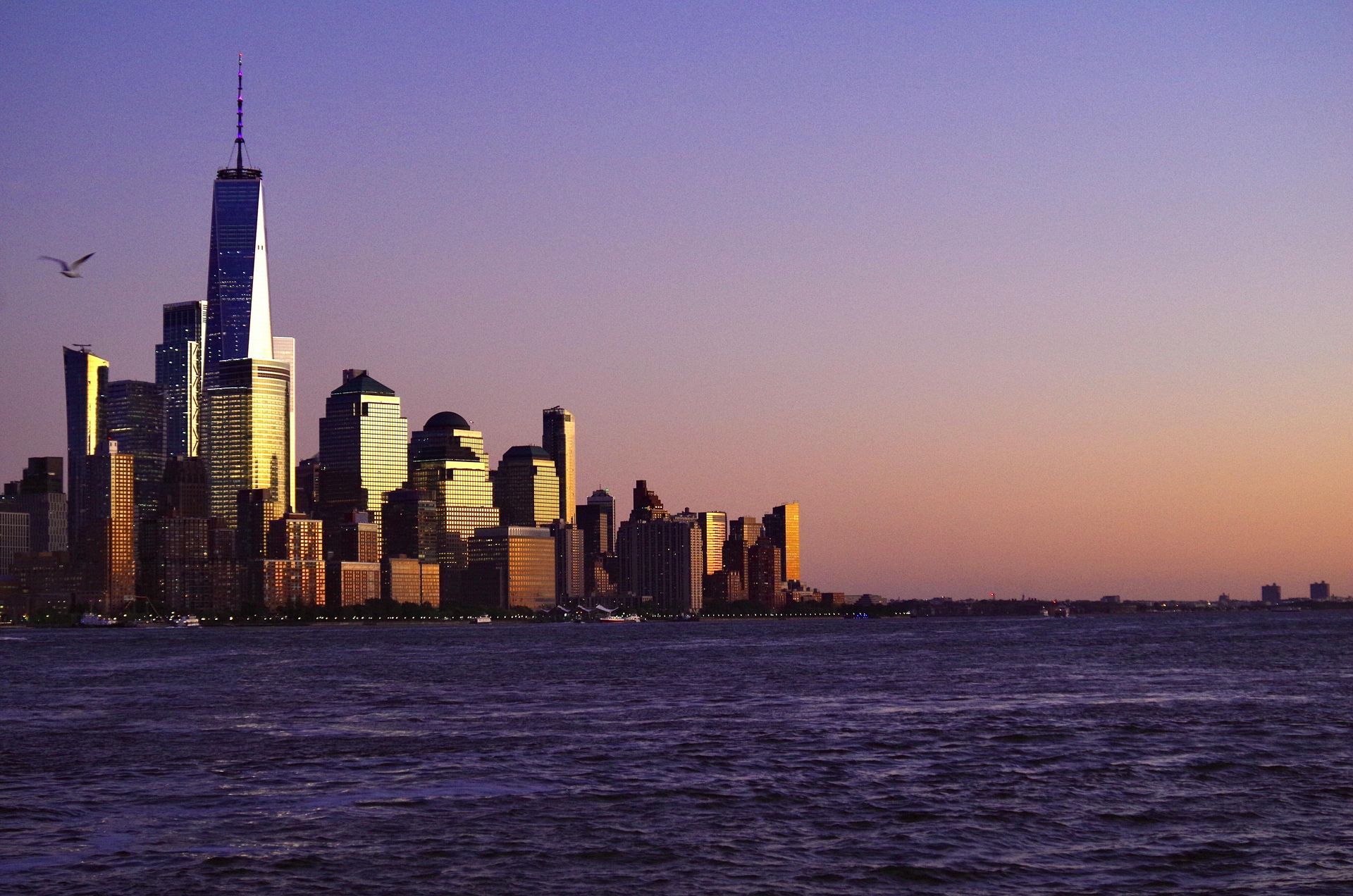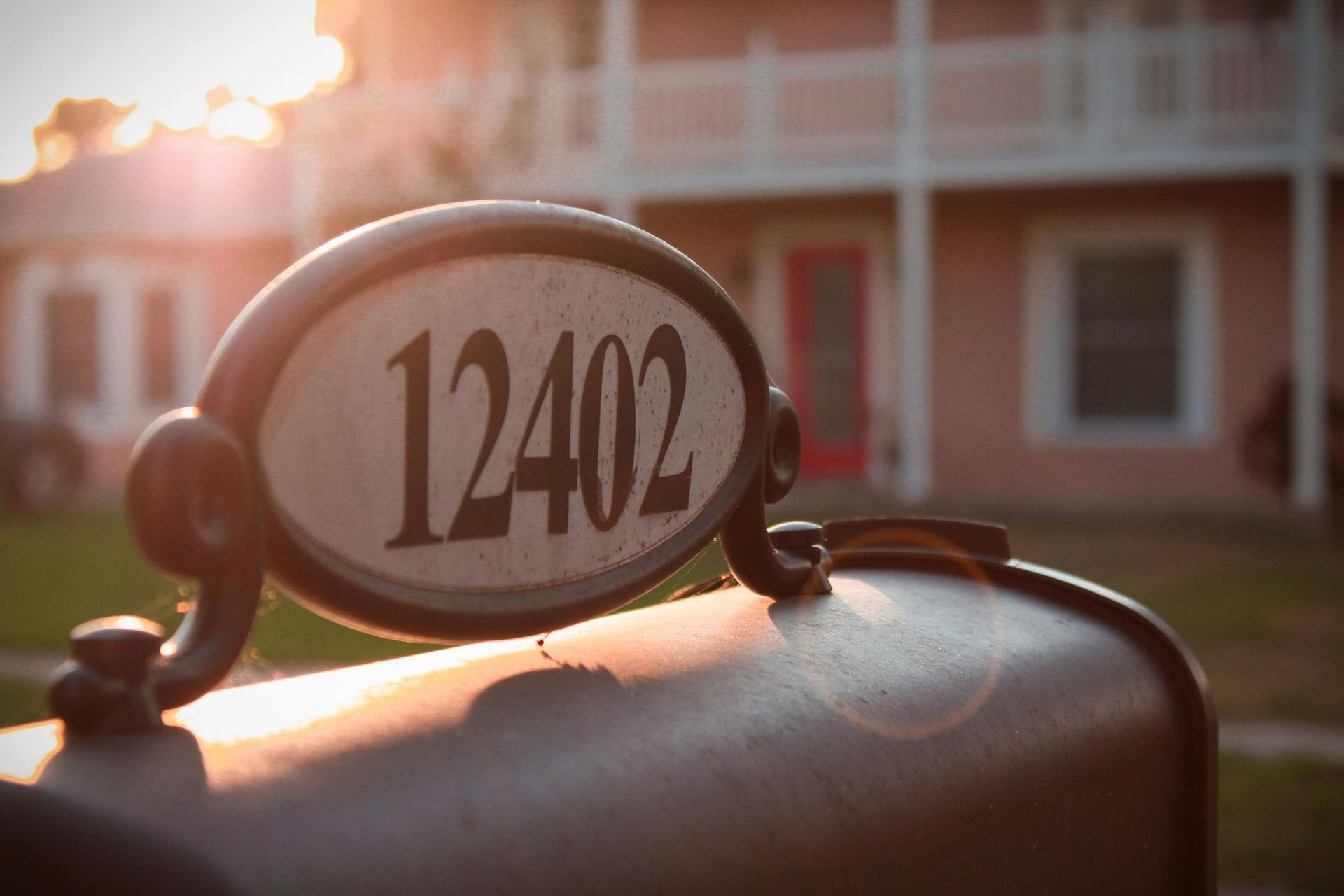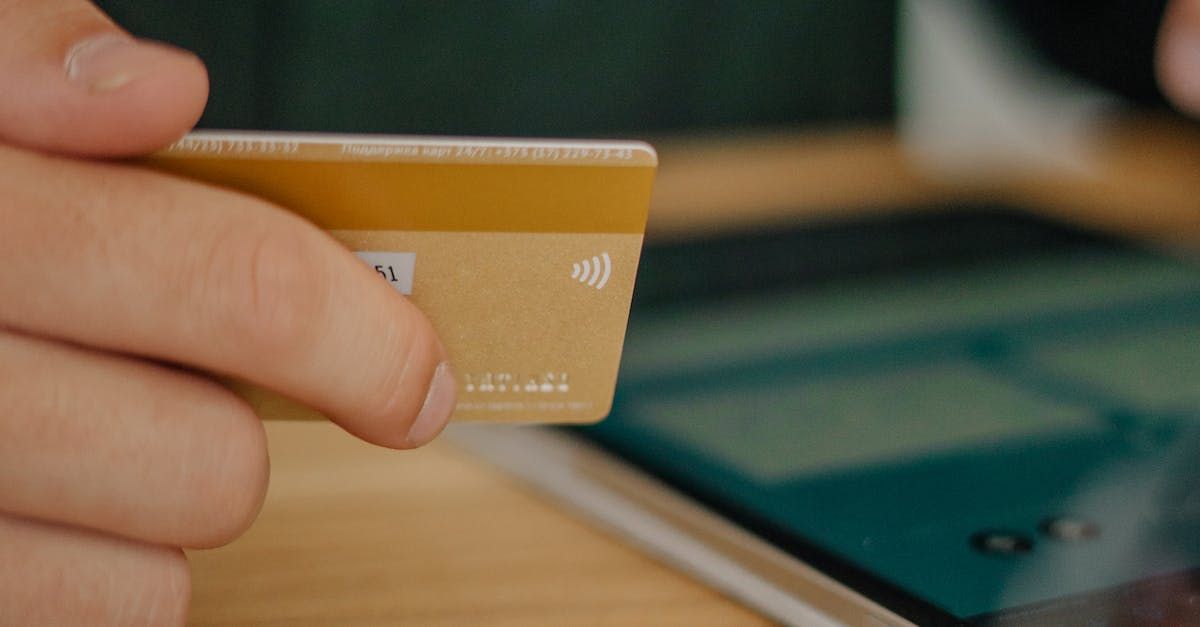State Department Issues List of Exceptions to Presidential Proclamation of June 22, 2020
Gabriela Ungo • July 20, 2020
On July 17, 2020, the Department of State issued a list of exceptions to the June 22, 2020 Presidential Proclamation. This P.P 10052 suspended the entry and visa issuance to the United States of H-1, J-1 and L-1 visa holders.
- Applicants who will be aging out (turning 21 years of age) of their current immigrant visa classification before the relevant the Presidential Proclamations expire expire or within two weeks thereafter;
- Exceptions for H-1B visa holders are available in these situations:
- For travel as a public health or healthcare professional, or researcher to alleviate the effects of the COVID-19 pandemic, or to conduct ongoing medical research in an area with a substantial public health benefit (e.g. cancer or communicable disease research). This includes those traveling to alleviate effects of the COVID-19 pandemic that may be a secondary effect of the pandemic (e.g., travel by a public health or healthcare professional, or researcher in an area of public health or healthcare that is not directly related to COVID-19, but which has been adversely impacted by the COVID-19 pandemic);
- Travel supported by a request from a U.S. government agency or entity to meet critical U.S. foreign policy objectives or to satisfy treaty or contractual obligations. This would include individuals, identified by the Department of Defense or another U.S. government agency, performing research, providing IT support/services, or engaging other similar projects essential to a U.S. government agency.
- Exceptions for H-2B visa holders are available in these situation:
- Travel based on a request from a U.S. government agency or entity to meet critical foreign policy objectives or to satisfy treaty or contractual obligations. An example of this would be supporting U.S. military base construction (e.g. associated with the National Defense Authorization Act) or IT infrastructure.
- Exceptions for J-1 visa holders are available in these situations:
- Travel to provide care for a minor U.S. citizen, LPR, or nonimmigrant in lawful status by an au pair possessing special skills required for a child with particular needs (e.g., medical, special education, or sign language);
- Travel by an au pair that prevents a U.S. citizen, lawful permanent resident, or other nonimmigrant in lawful status from becoming a public health charge;
- Childcare services provided for a child whose parents are involved with the provision of medical care to individuals who have contracted COVID-19 or medical research at United States facilities to help the United States combat COVID-19;
- An exchange program between a foreign government and any federal, state, or local government entity in the United States that is designed to promote U.S. national interests if the agreement or arrangement with the foreign government was in effect prior to the effective date of the Presidential Proclamation;
- Interns and Trainees on U.S. government agency-sponsored programs (those with a program number beginning with "G-3" on Form DS-2019;
- Specialized Teachers in Accredited Educational Institutions with a program number beginning with "G-5" on Form DS-2019 under certain circumstances;
- Exchange visitor participating in an exchange program that fulfills critical and time sensitive foreign policy objectives.
- Exceptions for L-1 visa holders are available in these situation:
- Travel as a public health or healthcare professional, or researcher to alleviate the effects of the COVID-19 pandemic, or to conduct ongoing medical research in an area with a substantial public health benefit. This includes those traveling to alleviate effects of the COVID-19 pandemic that may be a secondary effect of the pandemic.
- Exceptions for H-4, L-2, and J-2 visas holders are available in these situation:
- National interest exceptions are available for those who will accompany or follow to join a principal applicant who is a spouse or parent and who is not subject to P.P. 10052 (including those that have been granted a national interest exception). This exception can be extended to derivative applicants when the principal is currently in the United States or has a valid visa.
According to the DOS, "travelers who believe their travel falls into one of these categories or is otherwise in the national interest may request a visa appointment at the closest Embassy or Consulate and a decision will be made at the time of interview".
